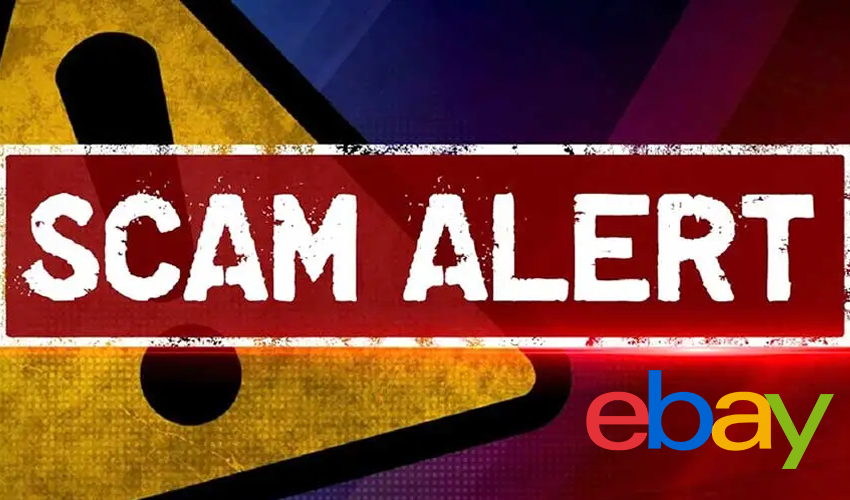eBay scammers are everywhere, ready to lure you into what seems like an amazing deal, but really it’s just them trying to take your money. While there’s no way to completely avoid eBay scammers, there are some ways to make it more difficult for scammers to exploit you.
The following list will show you how you can fight back against scammers and keep yourself safe in the eBay marketplace, while selling, searching for bargains, and buying products on the cheap.
1. What is an eBay scammer?
eBay scam is the situation when either seller or buyer is cheated for something, especially money when buying/selling on eBay. In recent years, scammers have used a lot of tricks and humbugs to fraud people on online marketplaces. According to some research, more than 50% of people get contacted by scammers and in the US, among 10 adults, at least 1 will be a victim of online fraud. It’s important to spot tricks and tricks to avoid eBay scammers for both sellers and buyers.
On eBay, you can easily find warnings for all sellers and buyers to stay safe from scammers. Find more Avoid eBay Scammers
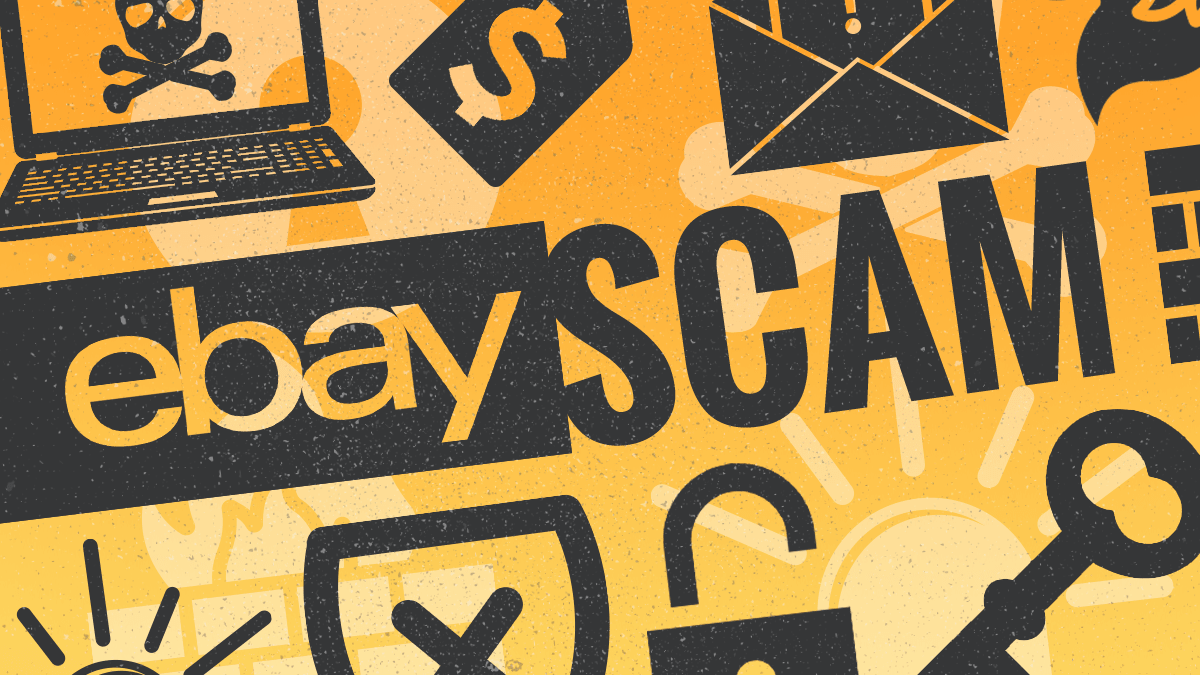
2. 10 ways to avoid eBay scammers as a buyer
Let’s discover 10 methods to avoid eBay scammers as a buyer.
2.1 Check seller ratings – Initiate Factor to Avoid eBay scammers before making a purchase
If you’re interested in a product on eBay, check that seller’s rating. If it’s anything less than 98 percent positive, it’s probably not worth your time. It could be that they don’t know what they are doing or have terrible customer service—either way, you don’t want to deal with them.
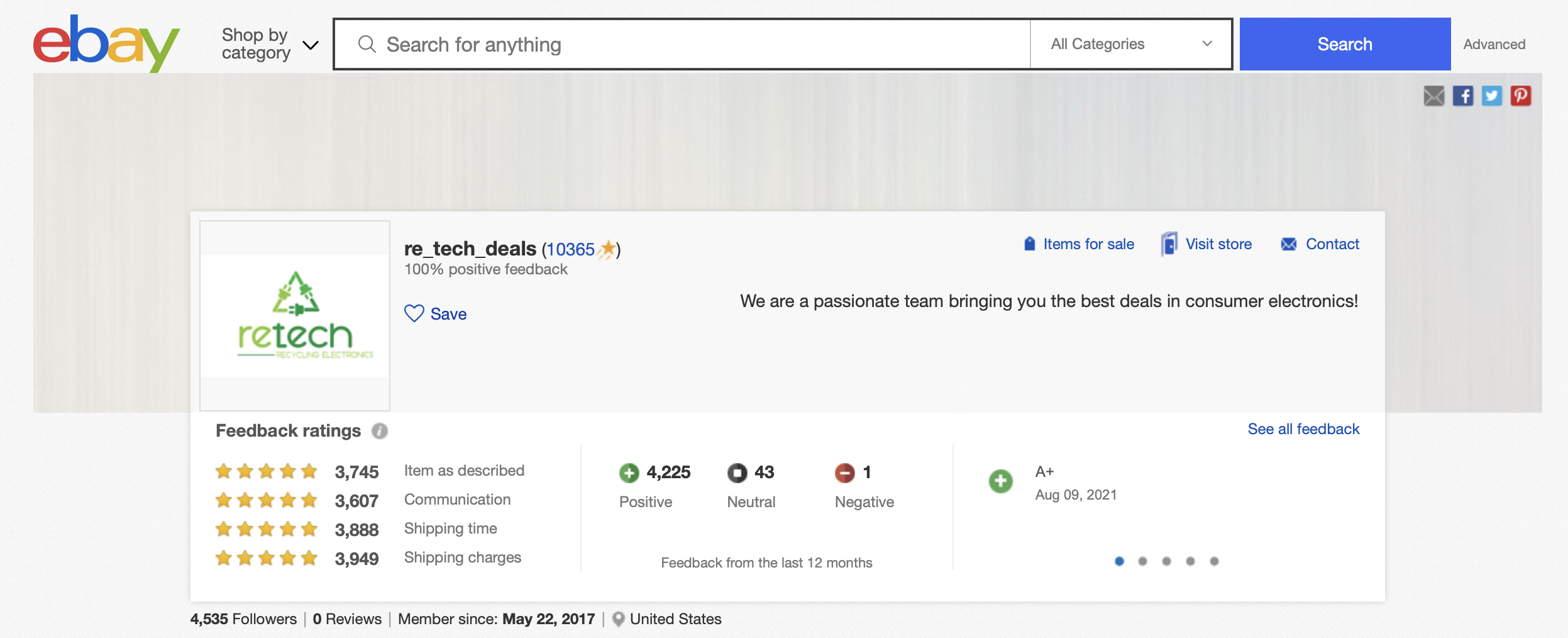
Some buyers only leave comments if they have a problem with their order, so a low rating doesn’t always mean they’re a scammer. There is also feedback extortion, where sellers offer free items or discounts for good feedback, and bad feedback costs them money or impacts their reputation.
2.2 Check feedback history
One of eBay’s most basic safeguards against scams is its feedback system. Most buyers and sellers leave detailed feedback for each other, rating each transaction as positive, negative, or neutral. If you see a seller with 100% positive feedback, rest assured that you can generally trust that person.

A high percentage of negative ratings is a big red flag—if even one buyer has experienced issues after purchase, there may be more than meets the eye. Feedback history can help guide your decision about whether or not an auction is worthwhile; if you have doubts about who you’re dealing with in an auction, do some extra research on their business practices first.
2.3 Verify payment methods
Methods of payment have a lot of variance on eBay. Some sellers accept Paypal and offer buyer protection, but others might only accept checks or money orders. It’s a good idea to ask about all forms of payment before making a purchase on an unfamiliar site; if you’re not familiar with online payment methods, there are plenty of guides online that can help.
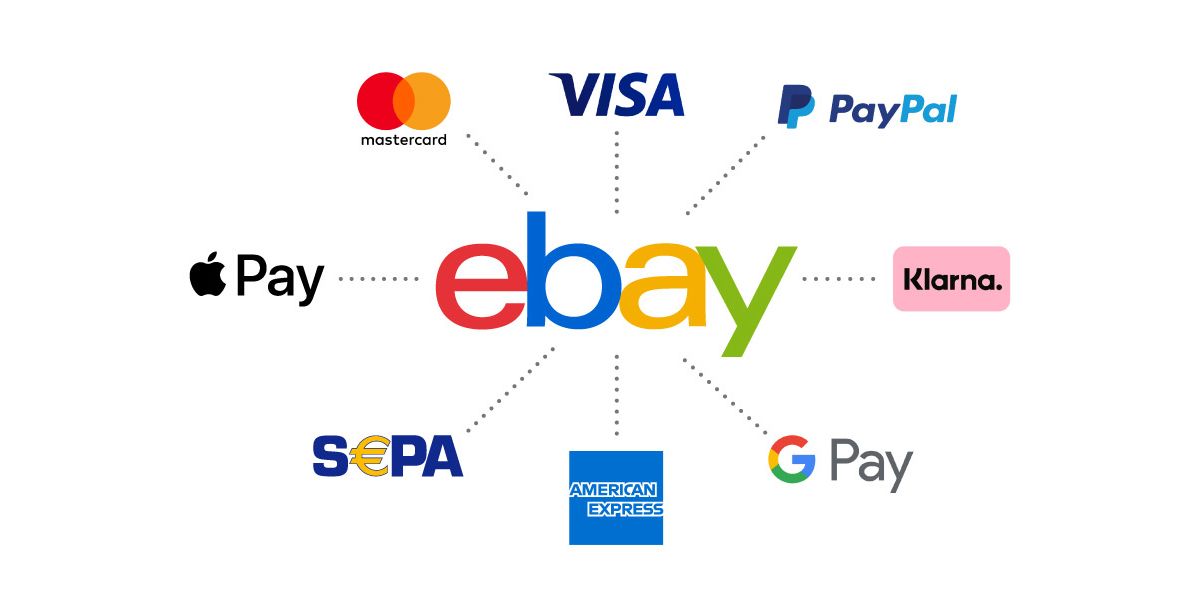
Asking questions like how will you be accepting payment? and are there additional charges that I need to be aware of? could save you from a lot of headaches later. If something seems too good to be true, it probably is – avoids scams by researching and understanding your options first.
2.4 Use PayPal as a primary payment method
As a consumer, you can avoid scams by using PayPal over other payment options. Scammers know that people don’t pay as much attention to PayPal transactions as other types of online purchases.
It’s easy for them to get away with fraud when they use non-PayPal options like iTunes and credit cards. But if you decide to use those payment methods, check your statement carefully before making a complaint; it’s possible that a scammer may have charged your account multiple times without realizing it.
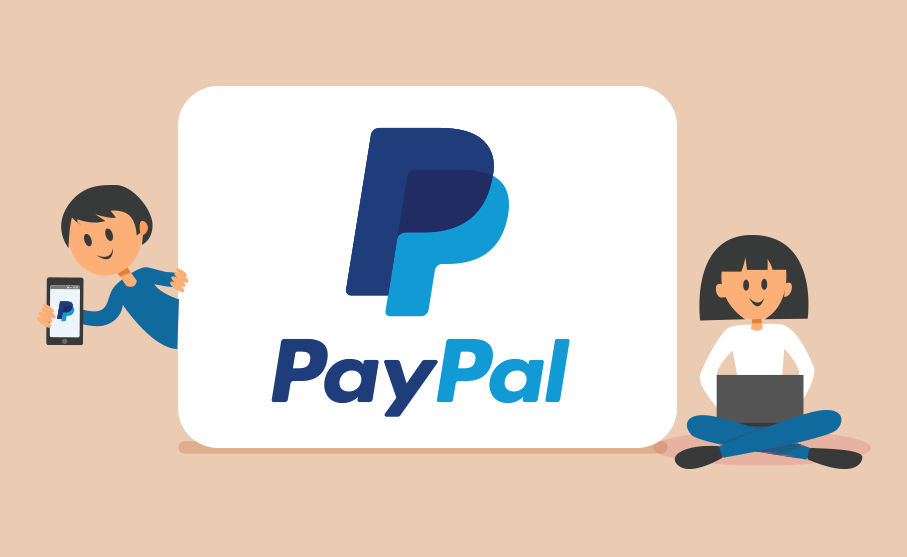
To avoid getting caught in an eBay scam, always use PayPal when purchasing items from third parties. This way, you won’t be at risk for fraud because you paid by check or credit card instead of using an online service like Paypal.
2.5 Review Item Listings Carefully
When buying an item online, make sure you carefully review its item listing. The best way to avoid falling victim to an eBay scam is to find out as much information about a seller and product before you purchase it. If there is a lot of information missing from a seller’s profile or their description seems off in any way, then there’s likely a reason for that.
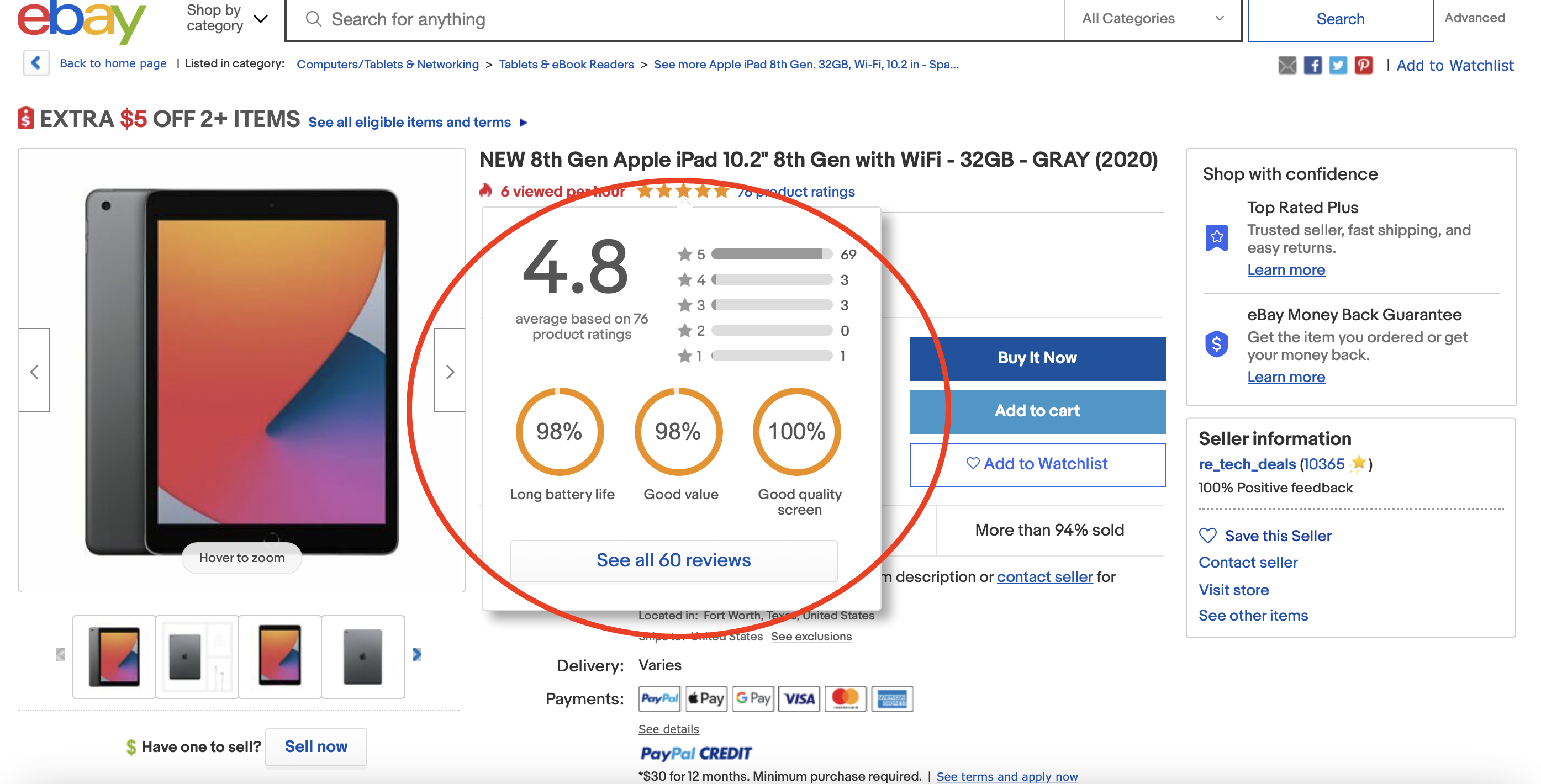
Also, keep in mind that some sellers will do what they can to hide their location – if it looks like something is being hidden or obscured, then there probably is. If there are too many red flags popping up all at once, walk away from the deal and try again with another seller.
2.6 Avoid Private sellers
If you want a sure-fire way to avoid being scammed on eBay, avoid deals with private sellers. Because they don’t have feedback, you can never be sure if they are legitimate. If you really want an item from a private seller—and that’s an if—you should insist on paying via PayPal.
This way, there is a record of your transaction and if anything goes wrong, PayPal will sort it out for you. Never make payments through personal check or money order—these are almost impossible to recover when things go wrong.
When it comes to payment, always use PayPal and insist on sending all your funds at once; no payment installments! The risk of payment installment scams is so high that eBay now bans sellers who try them.
2.7 Be suspicious of fraudulent emails or links
Buying on eBay has never been easier, but that doesn’t mean it’s risk-free. Scammers are constantly finding new ways to trick you. To avoid eBay scammers, you are careful with suspicious emails or links sent to you. Check each word carefully to be sure that correct from eBay official. Because scammers always impersonate to send fake links or emails with addresses similar to real eBay’s email.
Just look at those funny phishing emails for fake Amazon discounts or security warnings from Apple. Don’t fall for it—if a deal seems too good to be true, then it probably is. Always ask yourself: how would I know if I won? How do I collect my money? The answers should be simple and direct; if they’re not, that’s a big red flag. Also, always check your spam folder—spam filters will keep potential scams out of your inbox, but sometimes they go right into junk mail instead.
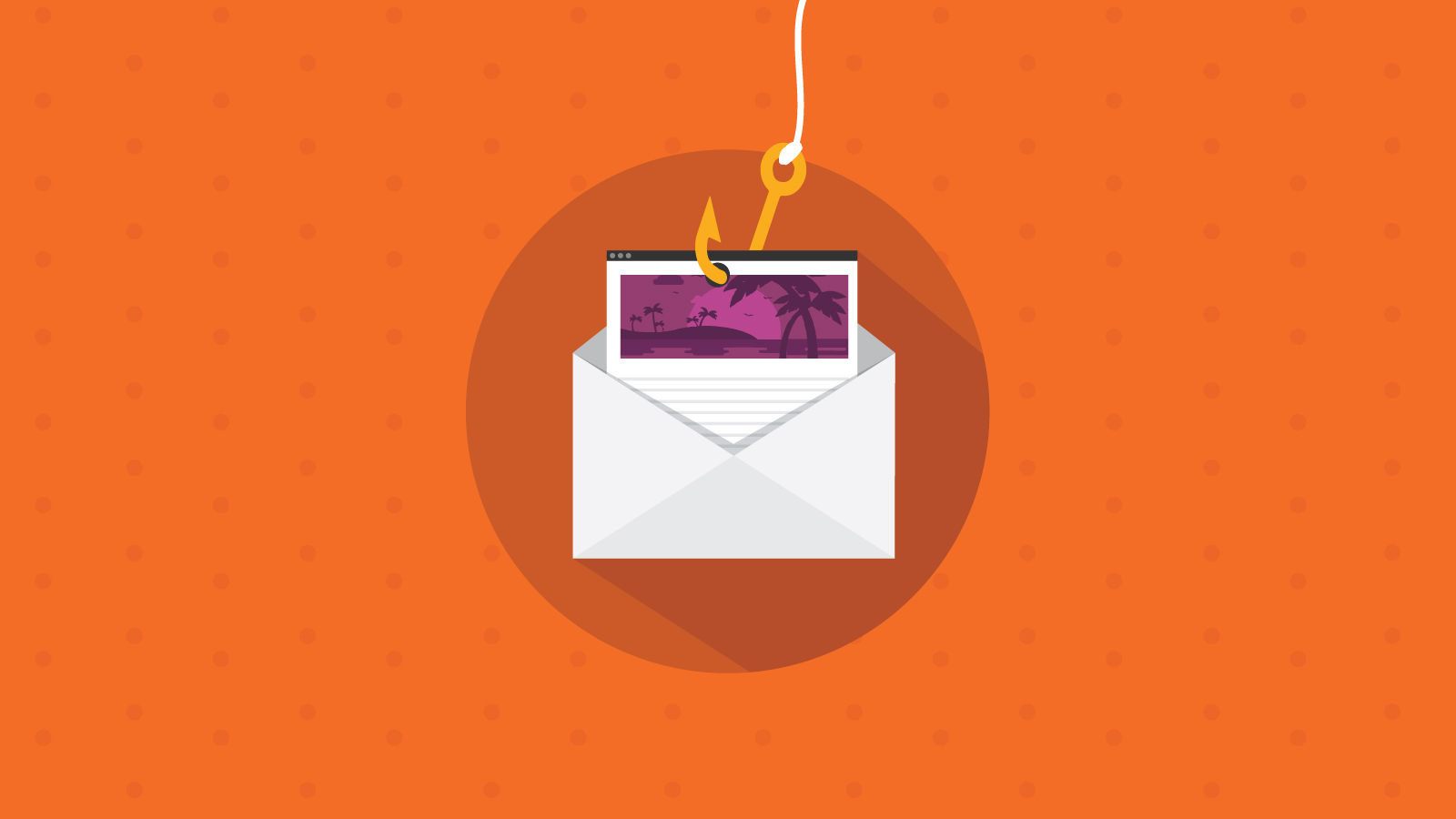
Always be suspicious of emails from people you don’t know—be sure to double-check that any links in an email lead back to a secure and official site. It’s also worth checking for spelling mistakes and making sure email addresses are right before sending payment or banking information. Any slight suspicion could save you hundreds of dollars and hours of headaches later down the line.
2.8 Avoid communicating with sellers outside eBay
If you’re going to buy anything online, you should avoid communicating with sellers off of eBay. While many transactions on eBay go smoothly, there are still plenty of scams in which a seller will accept your payment outside of eBay and then disappear, never sending you what was purchased.
If something like that happens, there’s not much recourse for getting your money back. So if someone says they can’t use eBay because it costs too much or they don’t know how to list something, be careful. It could be a ploy for you to send them a payment outside of PayPal’s protection system.
2.9 Use Escrow Services
With increased interest in online shopping comes an increased risk of fraud. One of your best bets for avoiding scams is using an escrow service. Essentially, a buyer and seller each deposit funds into an account, which serves as a holding place until items are received and verified to be in working order.
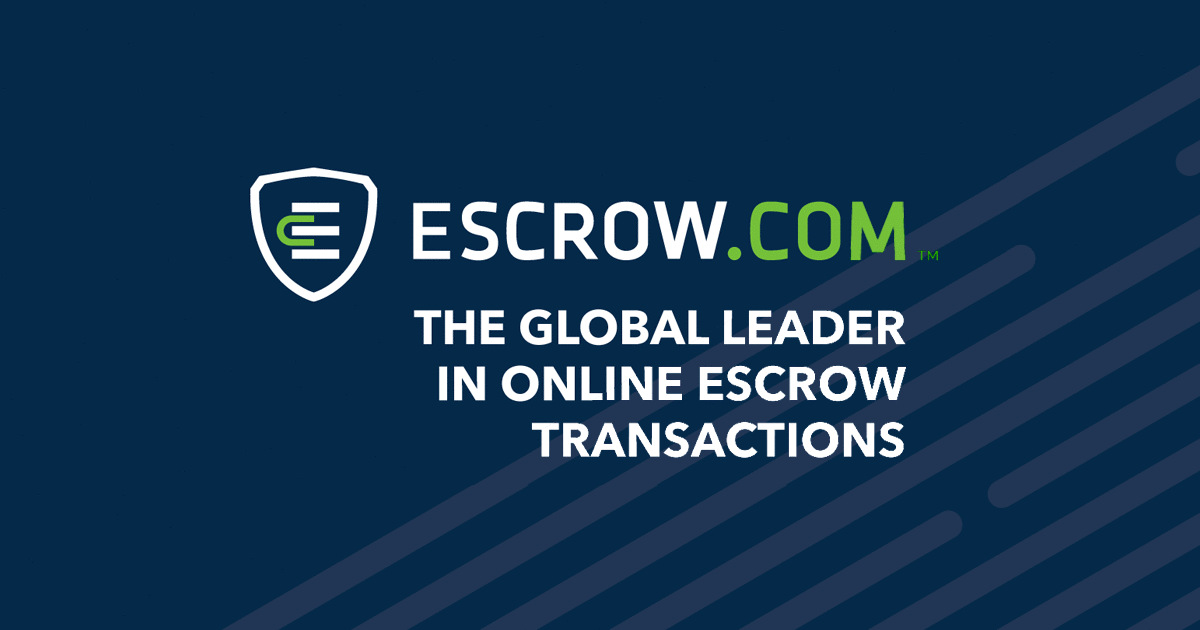
If something does go wrong with a transaction, it’s up to both parties to solve it through their account manager. Escrow services won’t release the money until they know you’re happy with your purchase—or if you’ve returned an item because it wasn’t what you expected or wasn’t delivered on time. You can trust they’ll get involved when necessary—and that’s one less worry for sellers and buyers alike.
2.10 Never provide personal information
Be wary of providing personal information, even to a legitimate buyer. Someone could use your email address or phone number for phishing purposes and get access to your most private information.

There’s no reason you should have to share that info just because someone is interested in purchasing from you on eBay. If they want it, make them do some work first (verify their identity) and give it only after they prove they’re legit.
3. 5 ways to avoid eBay scammers avoid as a seller
Scam tricks are becoming more and more sophisticated and cunning. Here are some most online ways to avoid eBay scams as a seller.
3.1 Record tracking number and proof of sending items
As an extra layer of security, many eBayers will require that you provide your buyer with parcels’ tracking numbers. If you don’t have tracking on your shipping label, it may be difficult for you and other users to find out whether or not a package has been delivered. Therefore, you should record tracking numbers or proof of every delivery you send.
![]()
Note: If you mark your item as a gift on an international transaction and do not indicate anything else in item details, it is likely that no tracking information will be available. Also, if someone is purchasing internationally without having it shipped using PayPal’s shipping services—which means there are no tracking numbers either—the buyer may decline any responsibility for how long it takes for their order to arrive.
3.2 Follow strict return policy
No matter how great you are at what you do, there will always be one or two customers who have something negative to say about your product. When creating your return policy, it’s important that you create strict guidelines that outline exactly what is and isn’t considered a valid reason for returning an item.
Follow the strict eBay policy and return policy is the next steps to avoid eBay scammers and secure sellers. It’s also important that sellers clearly spell out their return policy in their terms of service so that buyers understand what they’re getting into when they buy from your store. Strict rules on returns can minimize buyer fraud and maximize your bottom line.
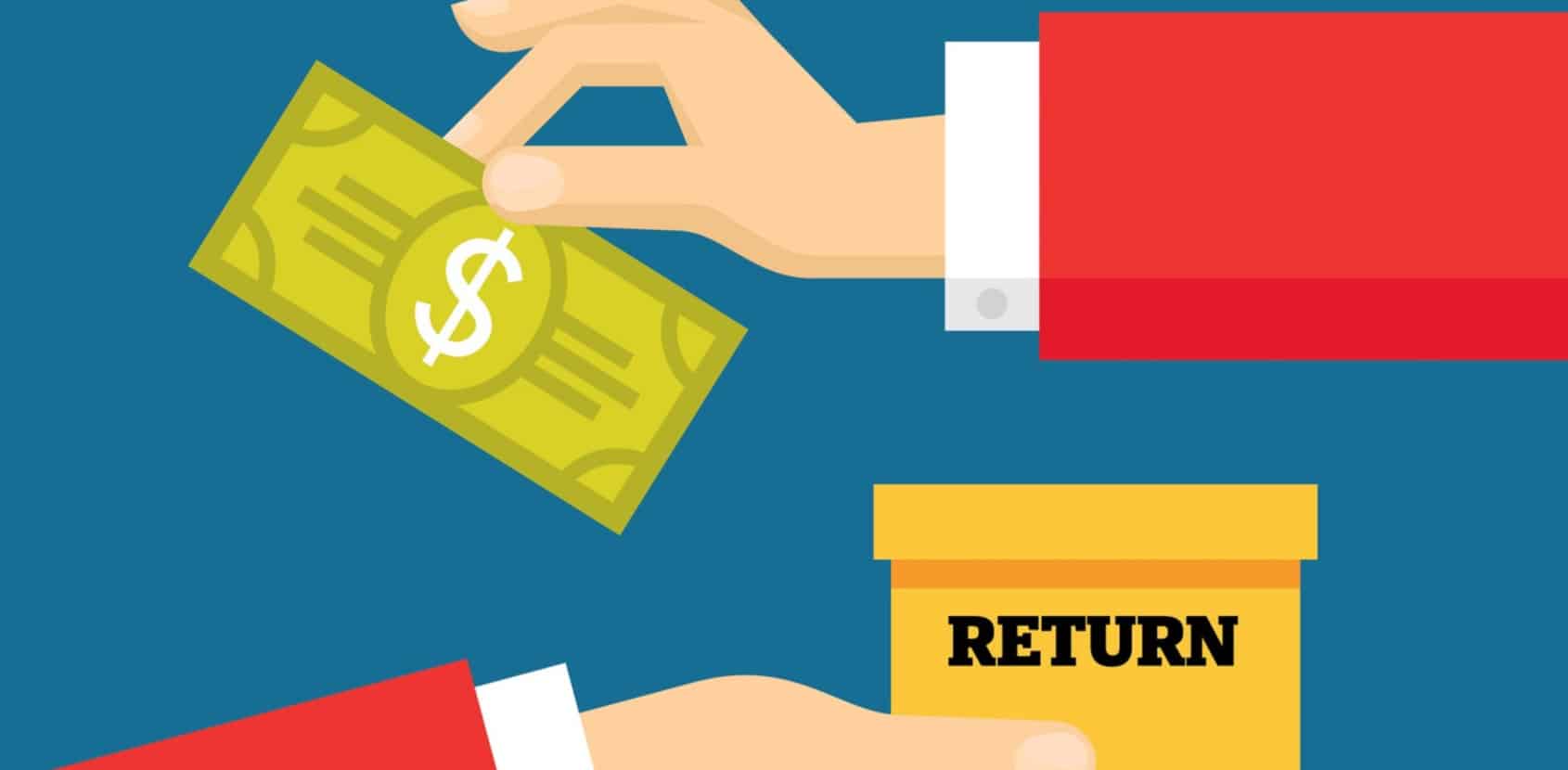
3.3 Never accept private deals outside eBay
Don’t deal with anyone who approaches you outside of eBay. You should never accept private deals outside of eBay as they are far more likely to be scams. In fact, if you even receive an email from someone offering a private deal outside of eBay or not in response to an auction offer, that person is definitely trying to scam you. To avoid eBay scammers as a seller, stay within all rules and regulations set forth by eBay in your transactions!
3.4 Use PayPal Seller protection
First and foremost, as an eBay seller, to avoid eBay scammers, you should use PayPal’s Seller Protection program. PayPal will protect your transaction for up to $200 in certain cases. If a buyer falsely claims they didn’t receive their package or if there is something wrong with it, you can have your money back as long as it meets certain conditions.
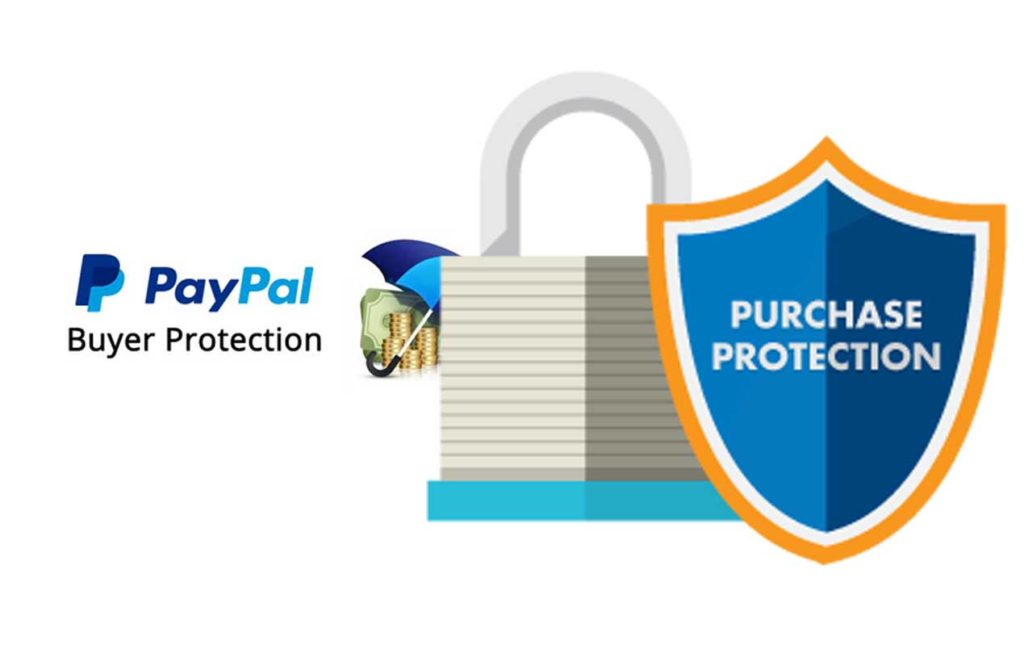
In fact, many sellers find that once they start using PayPal’s Seller Protection program more regularly, buyers are less likely to file claims for non-receipt or defect because they know there’s an additional layer of protection provided by you and PayPal.
3.5 Refuse to overpayment offer
If someone’s offering you more than they should, it’s usually because they have no intention of paying. When selling on eBay, if someone offers you more than what your asking price is, immediately refuse to sell for that price. They will often retract their offer or make another offer at a realistic rate. This is probably one of the easiest things you can do in order to avoid being cheated by an eBay scammer.
4. What to do when you get scammed on eBay?
“Remember that it’s never too late to be careful”. With today’s sophisticated scams, equipping them with this knowledge is essential and we need to condemn and boycott them to avoid eBay scammers or Ecommerce Transactions.
To be protected from eBay scams, it’s important to report any instances right away—and keep detailed records of all transactions so you can report them accurately if they go awry.
If you have been ripped off on eBay, there are a few things you can do. First of all, contact your local police (in addition to reporting it to eBay) and file a report. They will investigate and you may be able to recover some of your money if they can catch them.
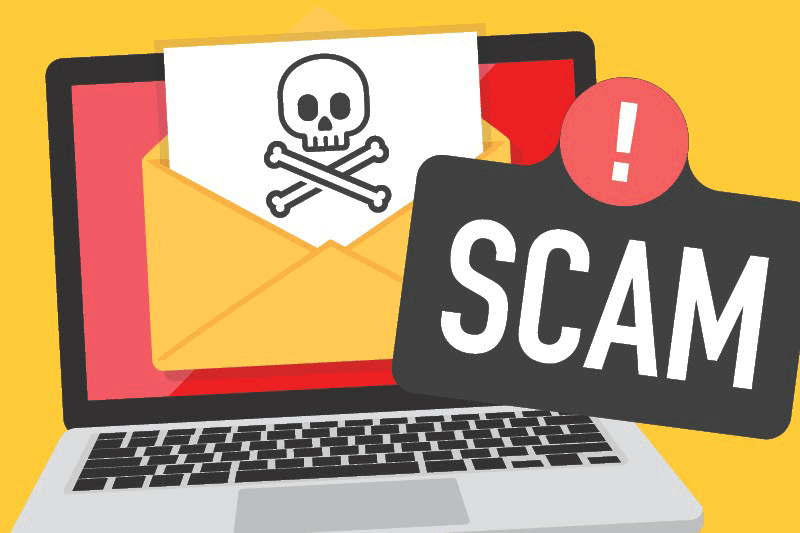
You also need to contact eBay and report it as soon as possible so they can get a head start in investigating. You should also check with your credit card company if they have any measures available for reporting or tracking scams like these.
5. Final thoughts
Every eBay seller dreads the thought of falling victim to an eBay scam, but in order to keep your own account safe, you need to be on your guard against scammers at all times. Hopefully, this article has given you 15 ways to avoid eBay scammers and these con artists, both as a buyer and as a seller, so that you don’t become their next target!
Read more
